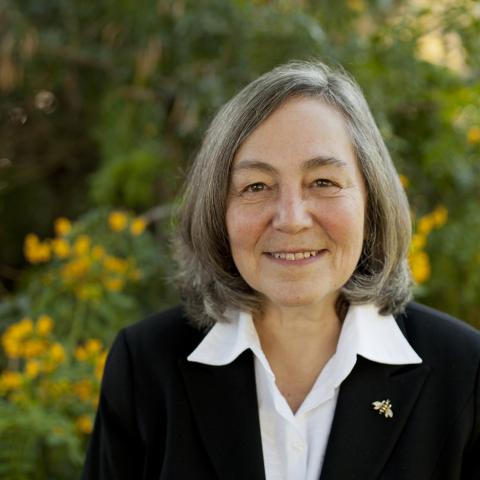Overuse of low-value or unnecessary health care is a global problem, and a growing evidence base demonstrates its prevalence and harms. Overuse hurts individual patients and populations through false positives and side effects from unnecessary tests, treatments, and medications. Moreover, overuse wastes health care system resources.
Choosing Wisely is a clinician-led campaign to address overuse. The campaign first started in the United States in 2012, and was led by the American Board of Internal Medicine (ABIM) Foundation. With support from the Commonwealth Fund and partners including national clinician societies and associations, the campaign is now active in more than 20 countries. National clinician specialty societies join the campaign by releasing lists of evidence-based recommendations of tests, treatments, and procedures that are overused, clinically unnecessary, and can cause harm. Over the five years of the campaign, thousands of specialty-specific recommendations have been released across participating countries. Despite this rapid spread, a common question raised about Choosing Wisely campaigns is how impact can be measured.
Demonstrating impact requires that countries have data around key indicators of overuse that link directly to Choosing Wisely recommendations. Fortunately, some local groups are already developing indicators of overuse. In Canada, a recently released report, Unnecessary Care in Canada, included eight indicators associated with Choosing Wisely recommendations across primary, emergency, acute, and specialist care. These indicators are useful in tracking overuse across the country and show significant variation between regions and organizations. For example, data demonstrated that the rate of unnecessary preoperative tests prior to low-risk surgeries varied from 35.5 percent in Ontario to 18 percent in Alberta. Understanding implementation strategies (such as changing presurgical checklists of tests and treatments) can help pursue improvements led by clinicians, health care delivery organizations, and/or regional governments.
Campaigns also have begun collaborating on measuring impact worldwide. Leaders from seven Choosing Wisely campaigns — in the United States, Canada, Italy, the Netherlands, Japan, Switzerland, and Australia — established a consensus process to prioritize the top 10 Choosing Wisely recommendations (see list below). Guided by a set of principles, leaders chose the top recommendations from a list of more than 1,000 medical practices that have the most potential to harm patients, occur most frequently, and can be measured. While the recommendations are straightforward, coming to international consensus on the 10 priority issues was a significant accomplishment.
The Organisation for Economic Co-operation and Development (OECD) has served an important partner for Choosing Wisely on measuring waste in health care. The OECD Health at a Glance 2015 report included three indicators of overuse aligned with Choosing Wisely’s top 10 recommendations: 1) antibiotics for viral infection, 2) imaging for lower-back pain, and 3) long-term benzodiazepines for patients over 65 years of age.
These indicators are a first step to assess the magnitude of low-value care across OECD member countries. The OECD’s January 2017 report, Tackling Wasteful Spending on Health, highlights Choosing Wisely campaigns as a strategy for “persuading patients and clinicians that the less wasteful option is the better one.”
Given the international momentum of Choosing Wisely, now is a critical time to build local capacity for measurement. Fostering measurement of overuse will help determine the impact of Choosing Wisely campaigns — and ultimately help reduce the harms from these potentially harmful and wasteful practices.
The authors would like to thank Dr. Eve Kerr, Dr. Niek Klazinga, Dr. Sacha Bhatia, Ciara Pendrith, and Tai Huynh for their assistance with developing the Choosing Wisely Top 10 List.





